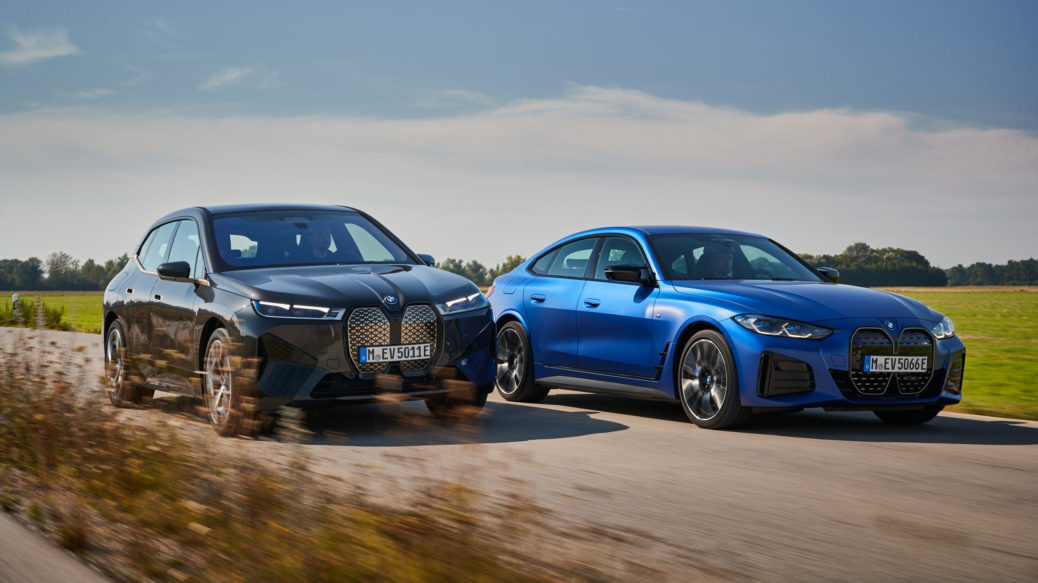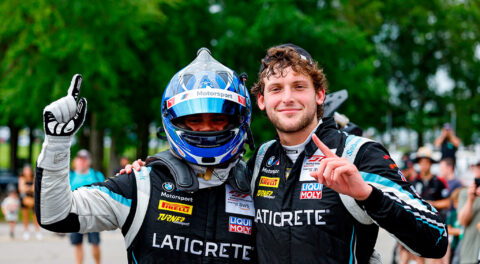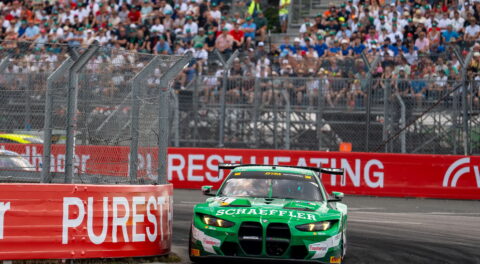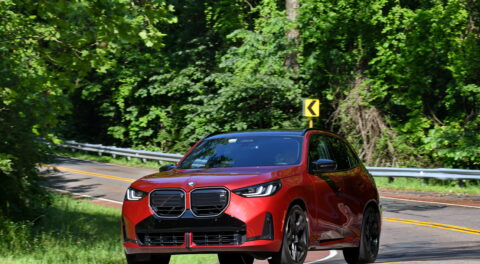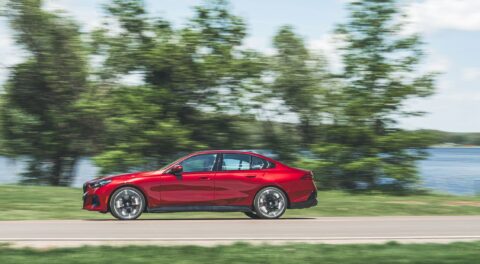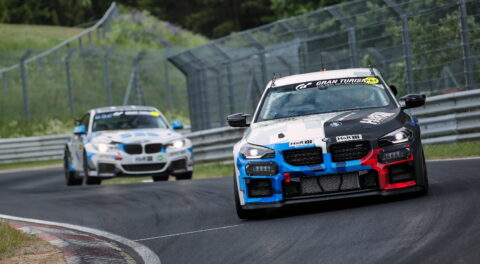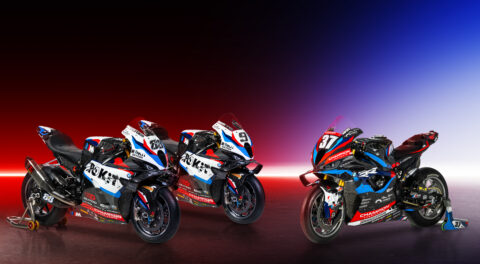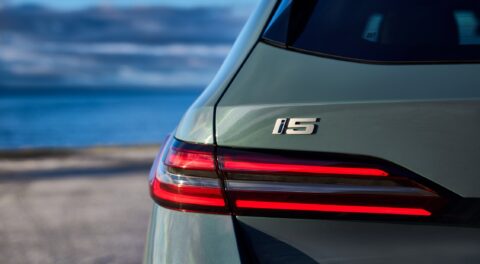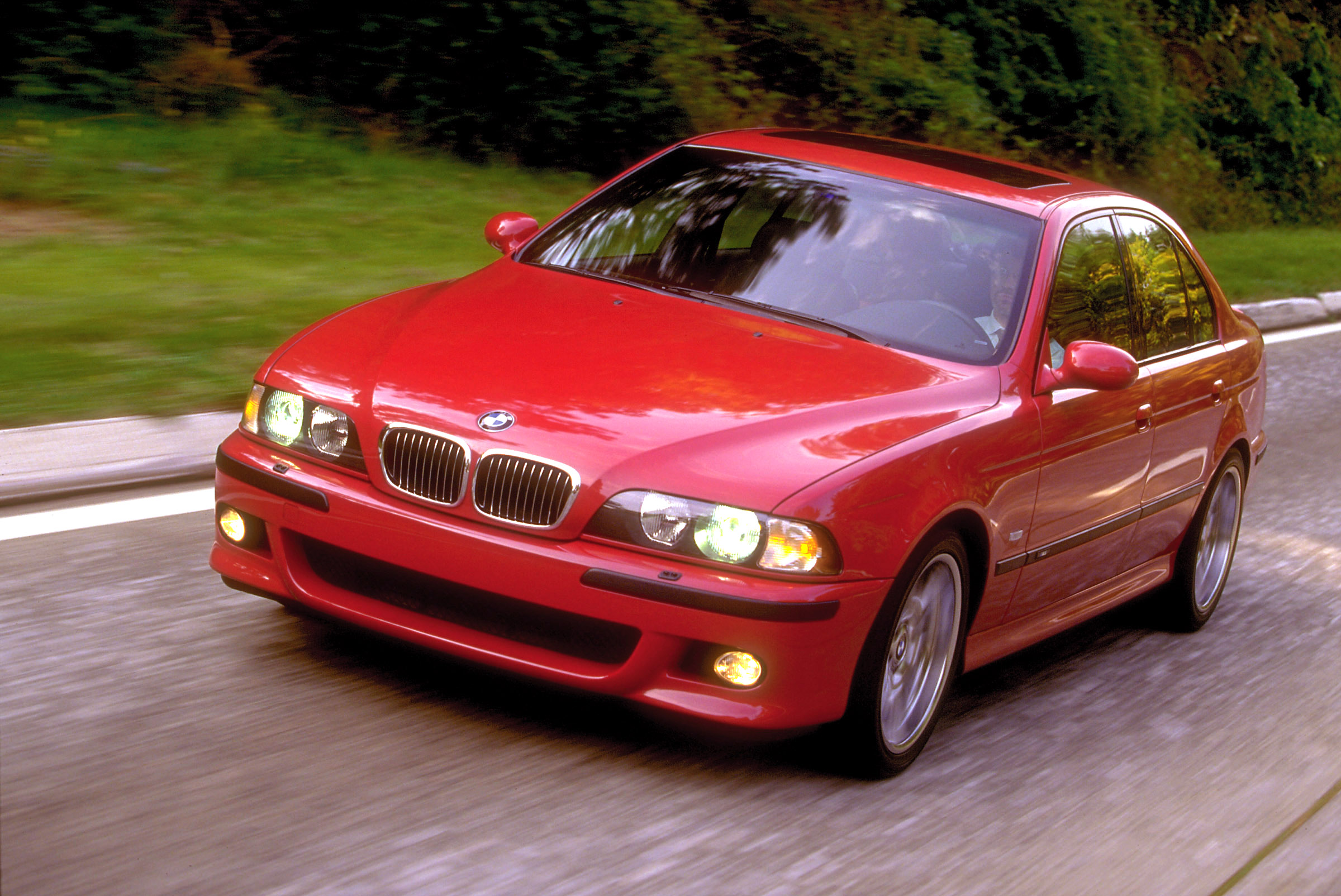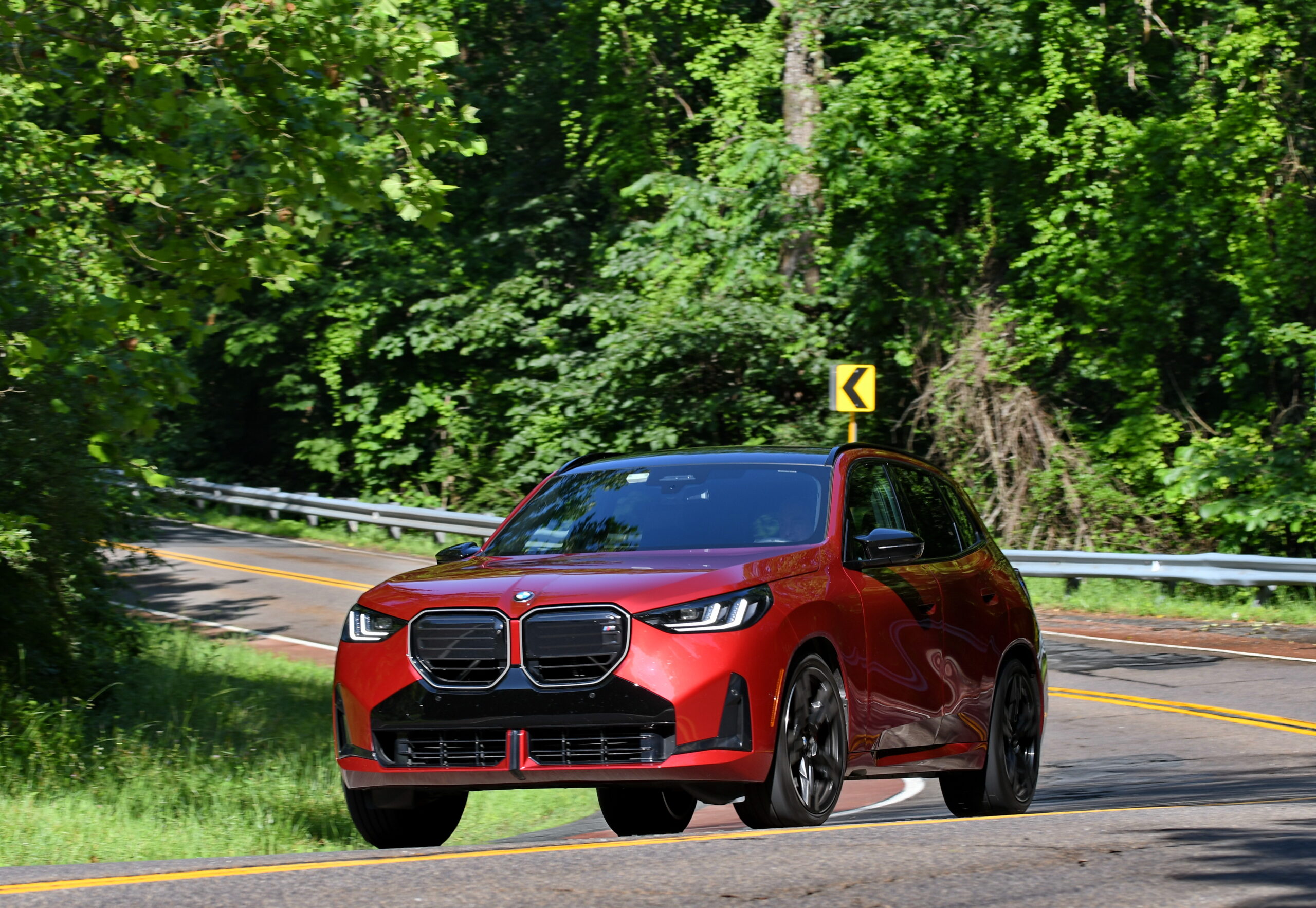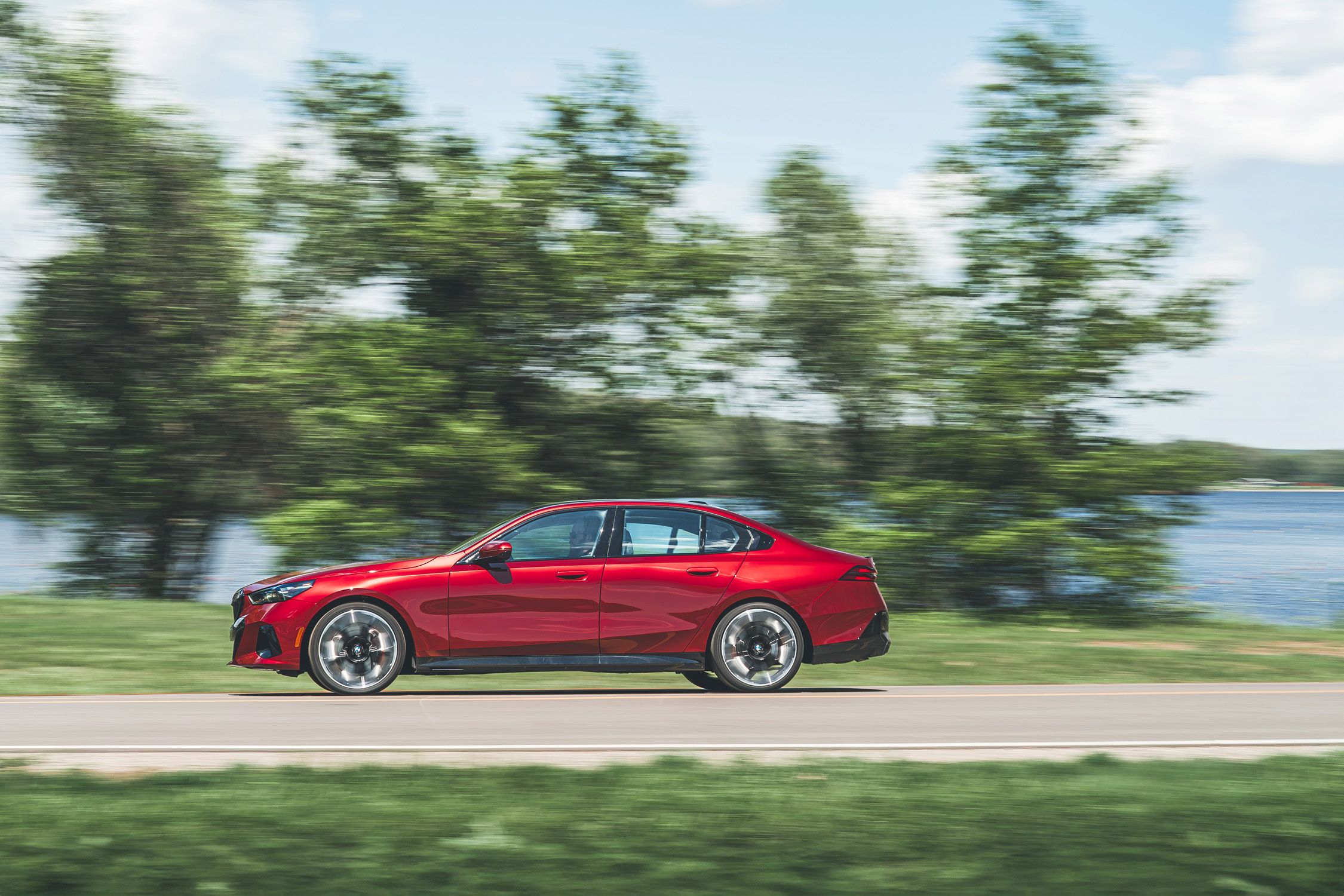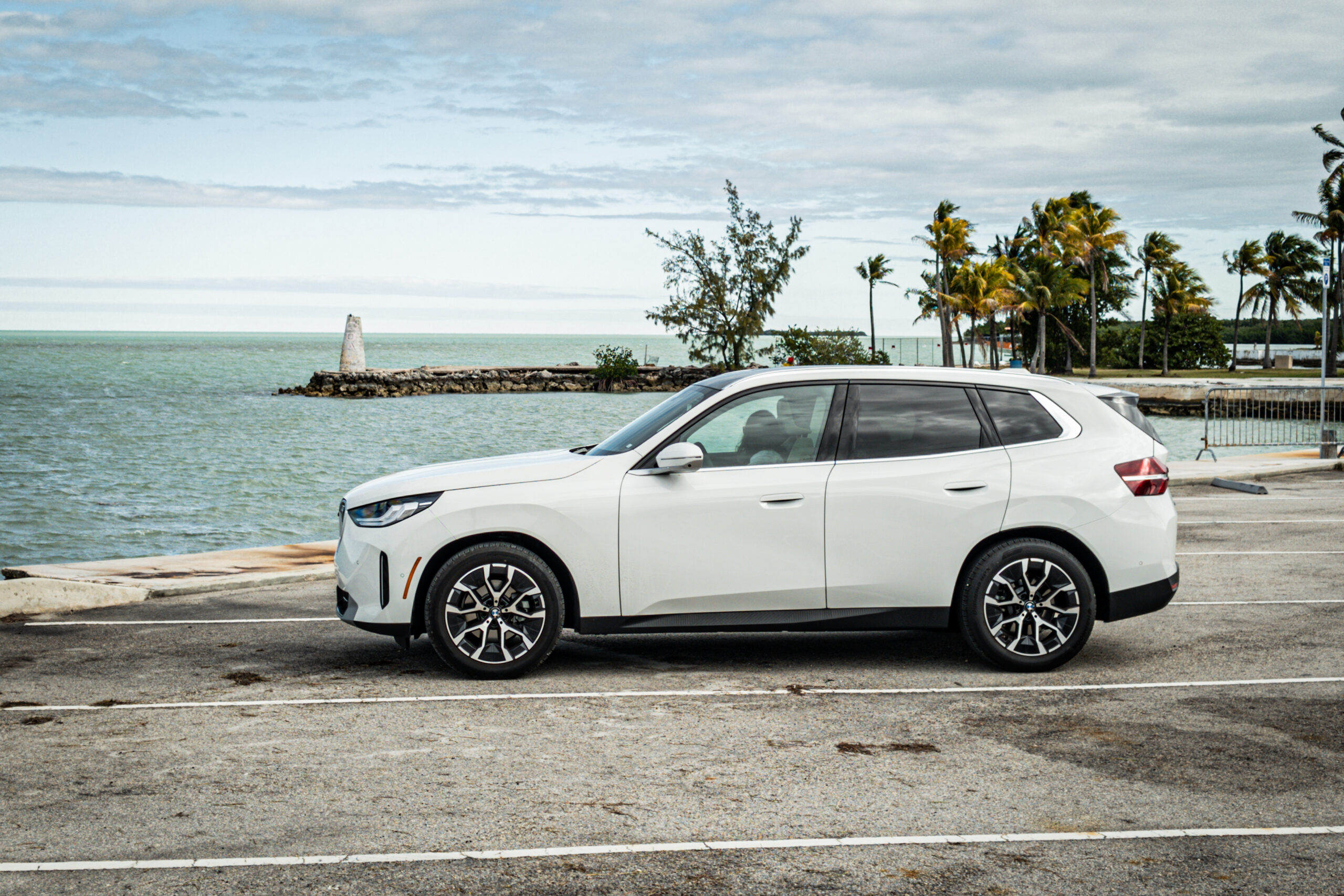With the European Union considering a ban on internal combustion engines starting in 2035, and numerous other automakers having made a promise to go all-electric by 2030 if not sooner, BMW is facing increased pressure to assign a deadline to engine production. BMW Group brands Mini and Rolls-Royce have already made it clear that both will transition to an all-electric lineup by the beginning of the next decade, but over the past few years, BMW itself has repeatedly affirmed its commitment to internal combustion engines. After all, the letter M in BMW stands for Moteren, which still translates to engines, something the company specializes in.
On Tuesday of this week, BMW Group CEO Oliver Zipse signaled that the automaker will be ready for whatever comes, including potential a ban on internal combustion engines in some of its markets, because the company will be able to compete in the space with an all-electric vehicle of some sort. The latest efforts in this realm are the i4 and iX, but BMW has plenty of other EVs and hybrids in the pipeline.
“We will be ICE-ban ready. If a region, a city, a country gets the idea of banning ICEs, we have an offering,” Zipse told a conference in the town of Nuertingen, near Stuttgart, Germany, according to Reuters.
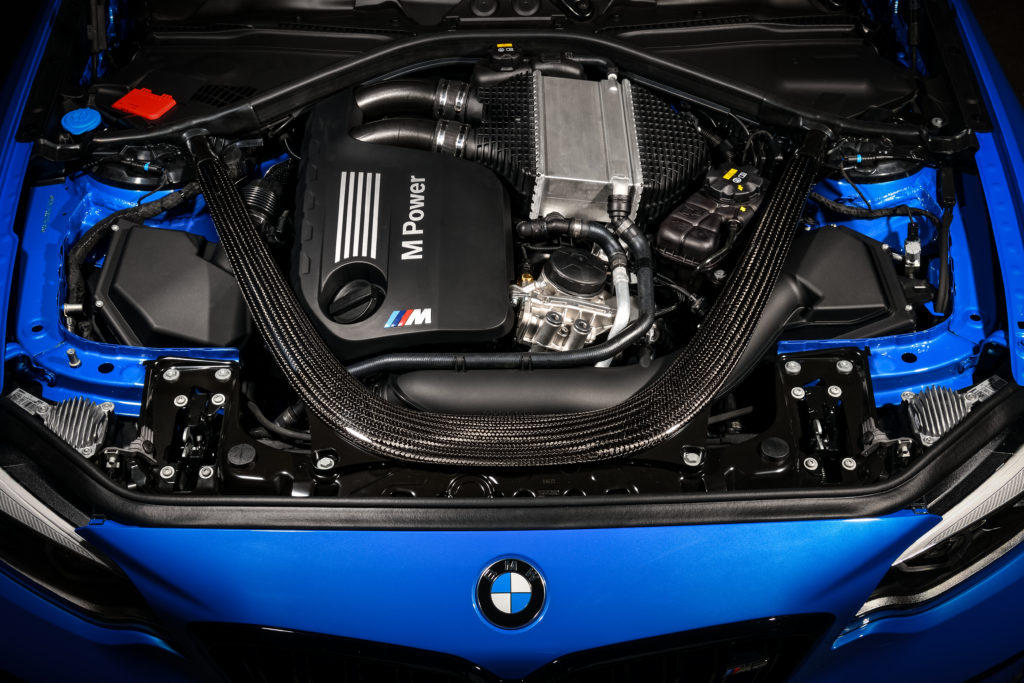
Electric vehicles and hybrids are continuing to permeate the BMW lineup. In addition to the well documented vehicles like the i4, iX, iX3, and Mini SE, what could be the first hybrid M car (or M SAV) is likely to arrive in the form of the X8 or XM, and the first purely electric Rolls-Royce is coming in the form of the Spectre in 2023. The direction both the BMW Group and the BMW brand is headed in is clear. As we’ve documented numerous times throughout the years, BMW expects 50% of its global sales to be electric vehicles by 2030, and the automaker is making important investments to ensure such a prediction will be possible.
Nevertheless, Zipse also offered a bit of caution in his statements in regard to potential bans on internal combustion engines, suggesting that such legislation and mandates may not be what’s best.
“The BMW Group is not worried about this. Whether it’s a good idea is another question… but we will have an offering,” explained Zipse.
Similar things are happening at other automakers, including Mercedes-AMG. Although Mercedes has formally ended development of new internal combustion engines, Mercedes-AMG will continue to develop and offer the current lineup, which includes a four-liter V8 with the turbocharges mounted between the cylinder banks. That engine, or at least some form of it, is slated to remain available for roughly another decade, but in a hybridized form allowing for previously unrealized levels of performance and efficiency.—Alex Tock
[Photos courtesy BMW AG.]

